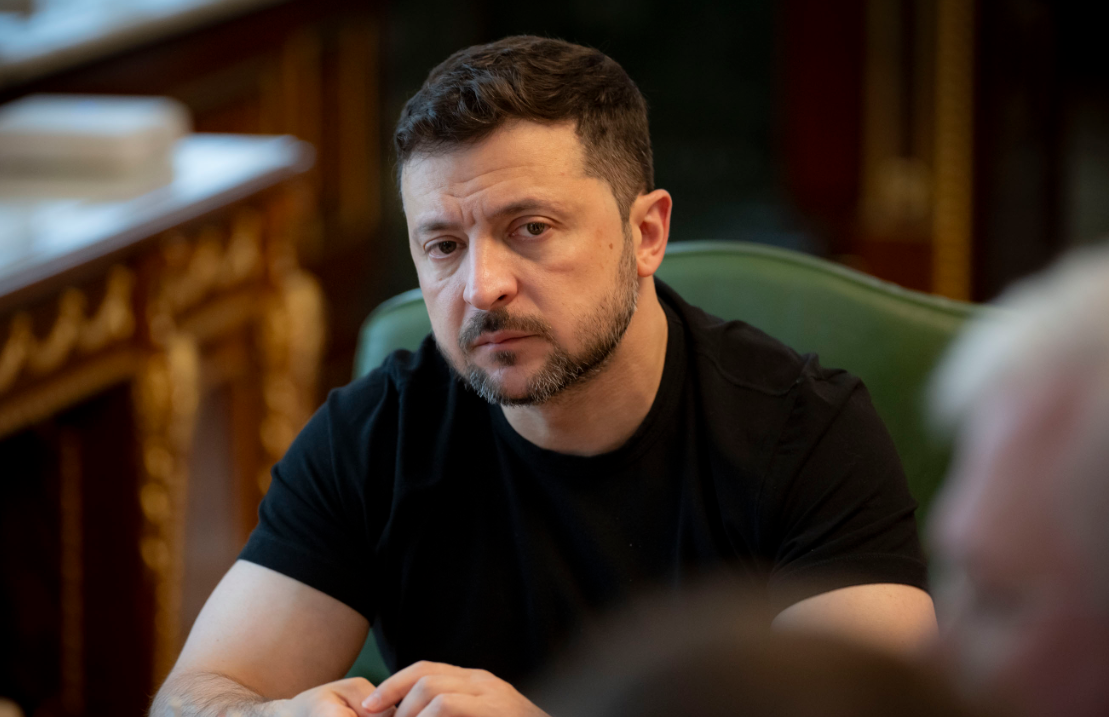Ukraine Strikes Russian Strategic Bombers:In a significant escalation of the ongoing war, Ukraine has launched drone strikes targeting Russian strategic bombers, including the TU-95 and TU-22, which have long served as key components in Moscow’s missile assault strategy. This move comes on the eve of scheduled negotiations in Istanbul and marks a critical shift in battlefield momentum.
Ukraine Strikes Russian Strategic Bombers :Strategic Targets Hit;TU-95 and TU-22 Bombers
According to reports, Ukraine’s strikes successfully targeted the TU-95MS and TU-22M3 bombers stationed at Russian air bases, including facilities in Siberia. The TU-22M3 is a powerful, long-range supersonic bomber capable of launching precision-guided missiles and aerial bombs. With variable wing sweep capabilities and the ability to fly at both high and low altitudes, the aircraft is known for its stealth and flexibility. It can carry a range of weaponry, including KH-22, KH-15, KH-32 missiles, and KAB-500 guided bombs, making it a lethal asset in Russia’s military operations.
The TU-95MS, another prominent target, is a nuclear-capable strategic bomber with an extensive range exceeding 14,966 kilometers. Known for its payload capacity of up to 20,000 kg, the TU-95MS plays a vital role in enabling Russia to project military power across the globe.
Expert Commentary: Escalation and Leverage
Peter Kuznick, a professor of history and director of the Nuclear Studies Institute at American University, weighed in on the implications of Ukraine’s latest military actions. Describing the strikes as a “major escalation” and a “significant blow to the Russian military capabilities,” Kuznick emphasized that both sides appear to be intensifying efforts as they jockey for position ahead of renewed negotiations.
He noted that Russia is expected to respond with increased military force. This tit-for-tat dynamic could lead to dangerous levels of escalation, pushing the conflict closer to a point of no return. Kuznick warned that such a pattern has no clear endpoint and could spiral further out of control.
Rising Western Support and Trump’s Position
The international dimension of the conflict continues to evolve rapidly. Kuznick highlighted that European leaders, particularly Merz in Germany, Keir Starmer in the UK, and French President Emmanuel Macron, have shown increasing support for Ukraine. In contrast, former U.S. President Donald Trump, now in office again, is reportedly playing a more moderating role.
Recently, Merz stated that Germany, Britain, France, and the U.S. had authorized Ukraine to use long-range missiles to strike inside Russia. However, these comments were later walked back, with speculation that this reflected the Biden administration’s earlier policy. Regardless, Russia has warned that any deployment of German TAURUS missiles into Russian territory—especially with German military involvement—would be seen as a major provocation and could prompt direct retaliation against Germany.
Such developments underscore how close the conflict is to expanding into a broader war involving NATO countries, raising fears of a global confrontation or even nuclear escalation.
Proxy War Acknowledged
Trump’s Ukraine envoy, General Keith Kellogg, added further weight to the view that the conflict has become a proxy war. He bluntly stated that “NATO is in a proxy war with Russia” and acknowledged that Russia’s objections to Ukraine, Georgia, and Moldova joining NATO are not without merit. Kellogg pointed out that at least four NATO countries, including the United States, are opposed to Ukraine joining the alliance. Since NATO expansion requires unanimous approval from all 32 member states, Ukraine’s path to membership remains blocked.
Kuznick pointed out that Putin’s insistence on formal written guarantees against NATO expansion stems from historical grievances. In 1990, Mikhail Gorbachev was assured verbally that NATO would not expand eastward—an assurance that was ultimately ignored, as the alliance continued to grow up to Russia’s borders. This longstanding issue, shared by Putin and earlier Russian leaders like Boris Yeltsin, is now a central obstacle to ending the war.
Talks in Istanbul and a Delicate Balance
The renewed peace talks set to begin in Istanbul arrive at a moment of intense uncertainty. While Russia had previously gained leverage due to territorial advances on the ground, Ukraine’s recent strikes could help rebalance the negotiating table. According to Kuznick, this latest show of force by Ukraine demonstrates its continued capability to retaliate, potentially altering Russia’s strategic calculations.
However, Russia has denounced the attacks on its air bases as acts of terrorism, signaling that Moscow is unlikely to soften its stance anytime soon. With both sides now escalating militarily, the path to peace appears more precarious than ever.

